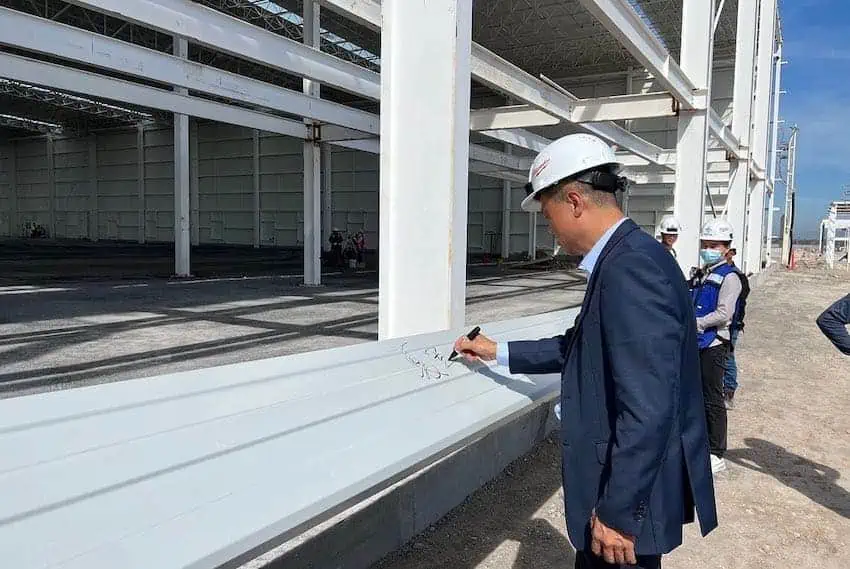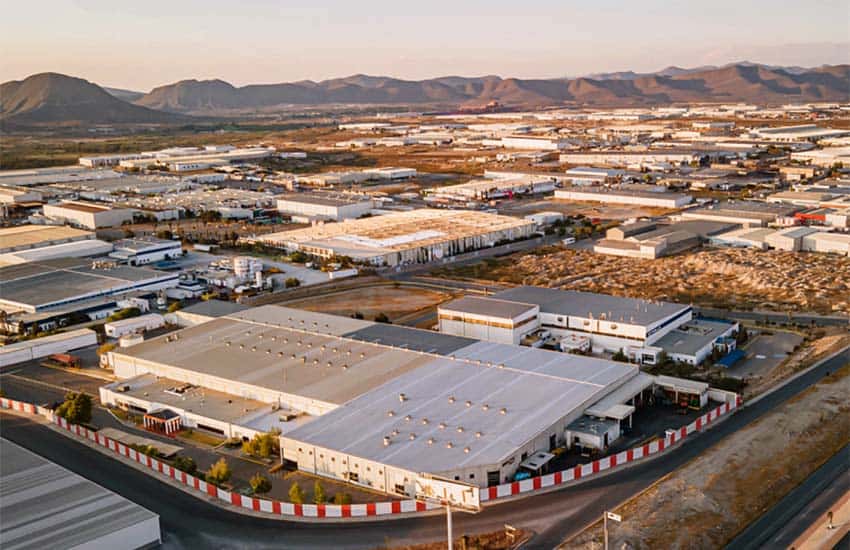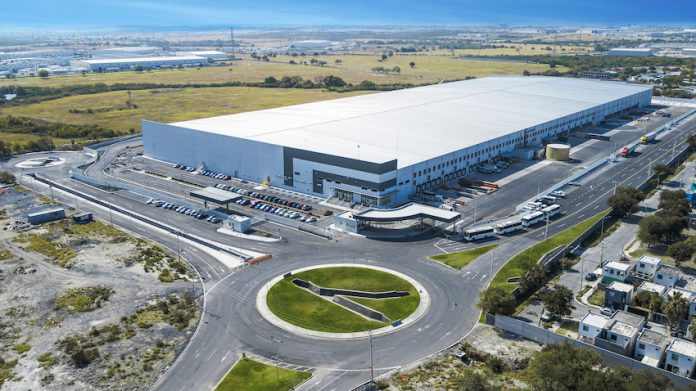Three out of 10 companies operating in Mexico are already seeing benefits from nearshoring, according to a Bank of Mexico (Banxico) survey, reflecting high levels of optimism from businesses that have relocated here.
Banxico’s survey of more than 400 companies found that 27% are already increasing their productive capacity, either by expanding existing plants or building new ones.

“… 30.7% of companies mentioned having signed new contracts with foreign companies or having increased their production due to relocation,” Banxico reported. “A similar proportion, of 29.1%, said that they have hired more personnel, increased their use of installed capacity, or increased the surface area of rented properties.”
Another 40.6% of entrepreneurs surveyed believed that they would see benefits from nearshoring by 2024 or 2025, while 23.2% said they would feel the effect between 2026 and 2030.
The bank concluded that nearshoring in Mexico is well underway but that it will take time for its strongest effects to be felt.
“The relocation of production is likely to be gradual, as planning and setting up businesses in a new location are costly and time-consuming processes,” the bank’s report said.

In the survey, 32.9% of respondents said their companies planned to increase investment in Mexico in the future, while 42.5% had held internal conversations about how they could benefit from nearshoring.
The trend has been encouraged by policymakers in both Mexico and the United States, particularly in the wake of the U.S.-Mexico-Canada Free Trade Agreement (USMCA), which, like NAFTA, exempts agricultural and manufactured goods made in any of the three USMCA countries from tariffs that meet origin of materials requirements.
Last year, Mexico saw foreign direct investment (FDI) of US $35.3 billion, the highest figure since 2015. In May, the Economy Ministry reported that US $48 billion of investments in Mexico had already been announced during 2023, many linked to nearshoring.
Although the phenomenon’s immediate effects are in the manufacturing sector, the mass relocation of Asian firms to Mexico is predicted to drive growth in supporting industries such as food, construction and education. Economists have urged Mexican policymakers to invest in infrastructure to maximize the benefits of this trend and to ensure that its effects are felt throughout the country.
“All regions of the country have the potential to benefit from relocation, not just the north,” said Alejandrina Salcedo, Banxico’s chief economist, in a video conference discussing the latest survey. “All regions should have the infrastructure.”
